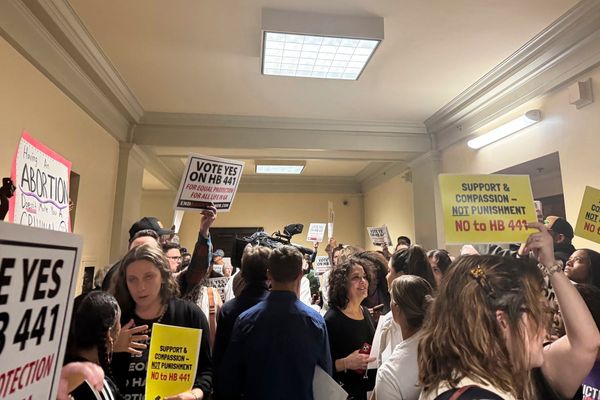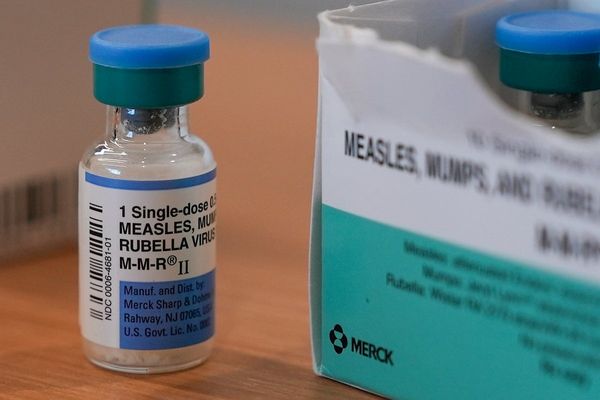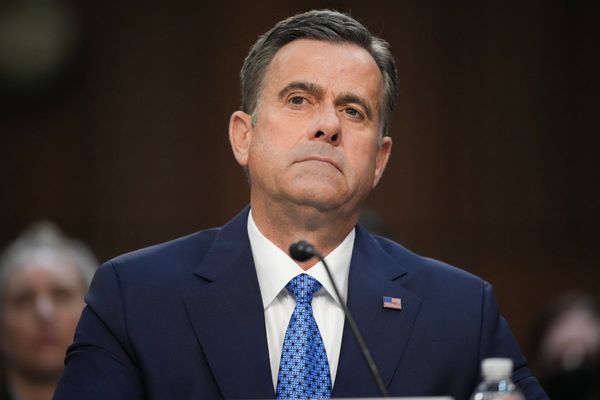
According to officials aware of the matter, discussions are on to finalize the upper limit of the total stake to be sold. However, the decision to sell a majority stake has already been made.
“In the first stage, the government will know who the bidders are and whether they meet the eligibility conditions; for instance, whether they have applied for a banking licence, etc.," one of the two officials cited above said on condition of anonymity.
A second official said the government is adopting this process since the disinvestment would be the first of its kind, and adequate caution is required to prevent hurdles once the process begins.
You might also like
A five-chart report card on government finances in FY23 so far
Savings fuel India's post-pandemic spending spree
SUV play will bring Maruti benefits but just not much
“The idea is that all the checks of the bidders’ capacities, including legal scrutiny, to participate in the process should be done before the second step where the financial bids are opened. The second step has to be done confidentially, as is typically done in strategic disinvestment processes," the first official added.
Queries to the spokespeople for the finance ministry and the department of investment and public asset management (Dipam) remained unanswered.
The government is also cautious following legal troubles in the strategic disinvestments of Pawan Hans, Central Electronics Ltd and HLL Lifecare.
In the case of Central Electronics, the government put on hold the letter of intent to the winning bidder Nandal Finance and Leasing Ltd and is planning to reconsider the entire transaction after examining allegations made by its employees’ union. The company’s bid was approved for ₹260 crore in November 2021.
The strategic sale of Pawan Hans has been on hold since May after the National Company Law Tribunal passed an adverse order against Almas Global Opportunity Fund SPC, a partner of the consortium Star9 Mobility, that had put in the winning bid of ₹211.14 crore. Meanwhile, the Supreme Court issued a notice to the government after a non-profit challenged the sale of HLL Lifecare. The matter will be heard next month.
Dipam secretary Tuhin Kanta Pandey said earlier this month that the government will seek expressions of interest to sell its stake in IDBI Bank soon, noting that the bank’s improved performance had raised investor interest. IDBI Bank was under the Reserve Bank of India’s prompt corrective action framework, which imposes several curbs on banks, including on lending, from May 2017 to March 2021. Two months after the bank exited the framework, the cabinet committee on economic affairs gave in-principle approval for its strategic disinvestment and transfer of management control.
The government and the Life Insurance Corp. of India together hold 94% of IDBI Bank. The government owns a 45.48% stake, while LIC owns 49.24%.
The government recently conducted roadshows in the US and locally for the stake sale and has sought clarity from RBI on the deal size, rules or conditions on mergers, consortium composition and the glide path for the Centre to reduce its equity holding.
Elsewhere in Mint
In Opinion, Vivek Kaul reveals the British Raj did not steal just the Kohinoor. Deepro Guha & Aishwarya Viswanathan tell how to future-proof UPI’s ‘glocal’ payments model. Tyler Cowen presents a contrarian view on British PM Liz Truss's economic plan. Long Story narrates how China is forced to reel in its global tentacles.







